Should You Buy a Kindle E-Reader?
I have owned a Kindle e-reader for almost fifteen years now. It’s not that I don’t read paper books. The natural smell from paper and turning pages bring a familiar and warm feeling. But I also frequently travel. Stuffing a suitcase full of titles from C.S. Lewis, Timothy Keller, and Miroslav Volf isn’t possible. Sure, a few Christian classics always make it in my checked bag, but they are limited. The primary benefit of a Kindle E-reader is that you can take with you as many books as you want. I just purchased the 10th Generation 8GB Kindle Oasis, and it stores 3,000 books. If I reach that limit and must upgrade to the 32GB, I’ll happily buy another one and pin that receipt on my lapel as a badge of honor.
The Screen Doesn’t Smell Like a Book But…
Traditional books are sublime. I love to highlight, underline, and make notes in the margin. With a paper book, I feel astute. It’s not the same to curl up next to the fire with a little hand-held computer. There’s also something very human about holding a book and reading it. You can quickly pass it to a friend and say, “Hey, you gotta read this.” Or, you can give the book away once you’re finished. One guy I sat next to on a plane several years ago gave me a copy of the sci-fi classics, Snow Crash. You can also flip through it and see your highlights and paragraphs you found important. I recently earned my first publishing deal, and I’d be aghast if it weren’t going to be printed. E-readers can also be cracked, dropped, stolen, and always need to be charged.
But where their shortcomings end, benefits from devices like the Kindle begin to shine through. Besides not needing to transport a pallet of books wherever you go, your highlights are saved on your Amazon account. When you click your screen and highlight text, it will automatically show up on your Amazon Kindle page. It’s quite amazing. Not only your highlighted but your notes as synced as well. See the screenshot below:

These notes are handy when you want to return to the book later to see its summary, or, you need to quote it for another blog or a book.
One of my favorite things about it is that you can borrow e-books from your local library at no cost. Some titles won’t be available or you might have to wait a few weeks to read it because it’s checked-out. I have saved hundreds of dollars by using my local library books to read e-books. Even though the library automatically cuts off your access to the book after the borrowing time ends, your notes are permanent on your Amazon Kindle account (unless you delete them).
In summary:
Benefits of a Kindle
- Easily carry thousands of books with one device.
- Saves notes, highlights on your Amazon Kindle account.
- The books sync with all your devices, so wherever you read the e-book, it will update to the last page you were on (if you have Internet access).
- The Kindle saves the difficult words you look up and makes flashcards from them so you can practice.
- You can read in low light and at night without hurting your eyes.
- It saves your eyes because the Kindles use e-ink, not LCD or OLED screens. The screens emit much less blue light.
- The text looks almost like it does on paper.
- Because it’s a screen, it’s less work to hold than a traditional book.
Downsides of a Kindle
- Can’t write or highlight the words in vibrant colors like you can with a paper one.
- It still emits some blue light but way less than a computer or phone.
- Can’t flip through pages like a traditional book.
- The screen can break if you drop it.
- Can get stolen easily (like your phone).
You don’t have to sacrifice reading traditional books to buy an e-reader like the Kindle or the Barnes and Noble Nook. I haven’t tried the Nook, but it gets solid reviews. I buy traditional books, ess when I want to write in it or when they are cheaper. Used paper books are a bargain.
Finally, I realize that you can read Kindle books using your phone or even on your computer. But PC’s emit a ton of blue light and my eyes get sore much faster reading on an LCD screen. The Kindle uses an “e-ink” and a different type of screen that closer resembles printed text. I can read for hours on my Kindle e-reader but way less than that on my phone. If I read on my phones, my eyes quickly get tired and start hurting. If you read a lot on your phone, invest the money in an e-reader.

Kindle Oasis
This is the best Kindle reader. It has a 7" screen instead of a 6" and has buttons to turn the pages which is convenient. It has a clear 300dpi screen.
Read More
Kind Paperwhite
This is the most popular Kindle. It also has the 300dpi clear screen but it's only 6". It's half the price of the Kindle Oasis, however.
Read More
Kindle (Basic)
This is the cheapest Kindle. It now has a light (mine in the picture is an older model that doesn't have the light). The screen is 6" but the dpi is only 164 so the text isn't that clear.
Read MoreHere are the links for different Kindles below for more information:
Amazon Kindle Oasis (10 Gen): https://amzn.to/31PnEpN
Amazon Kindle Paperwhite: https://amzn.to/3e6MLsW
Amazon Kindle (Basic): https://amzn.to/3kHuSDt
Please write your question or comment below!
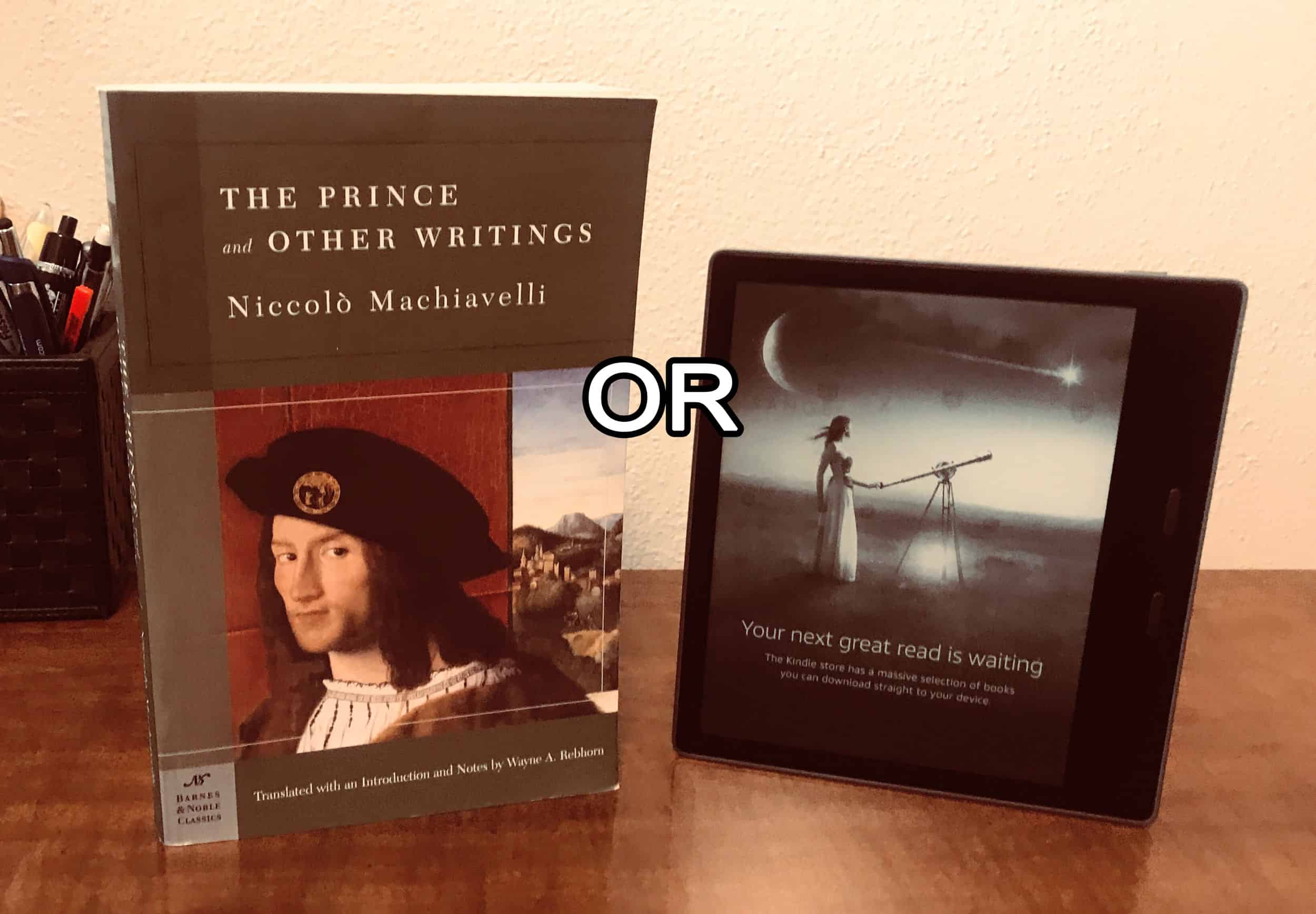
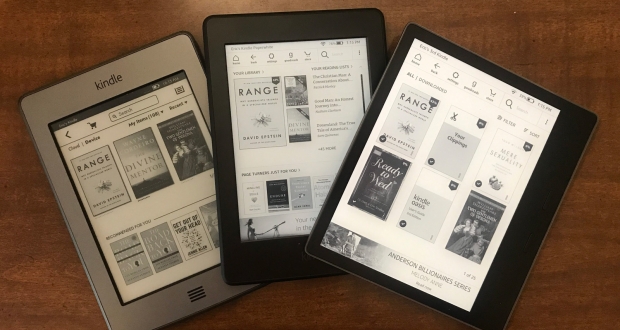
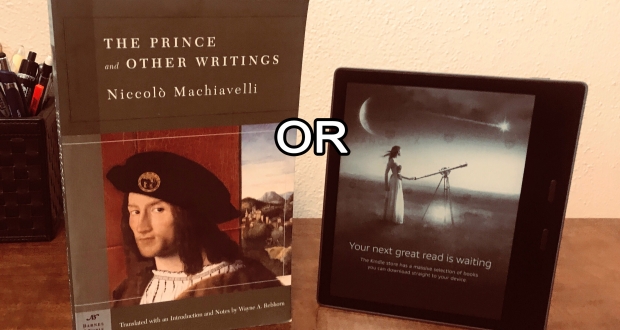

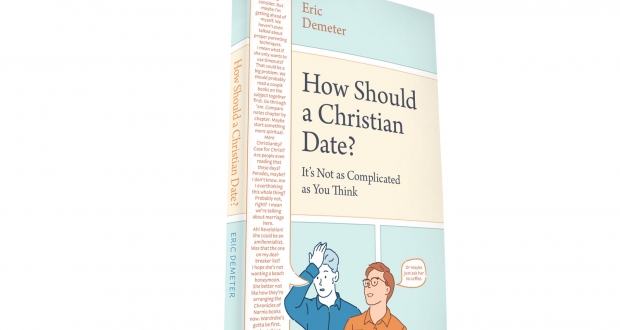
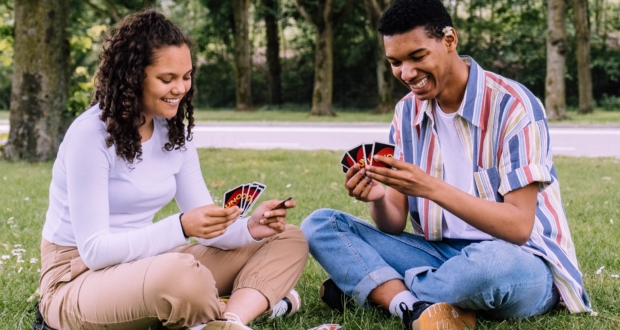


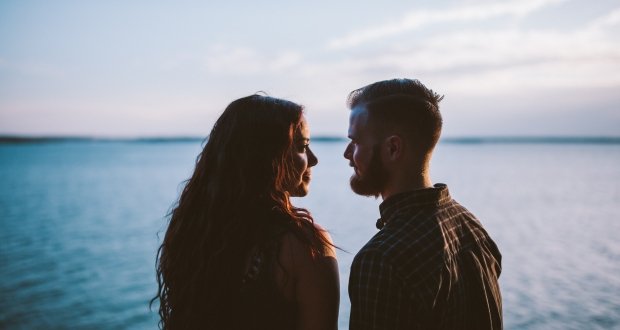
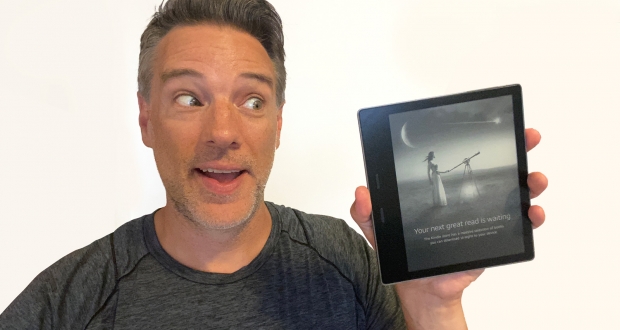
Leave a Reply